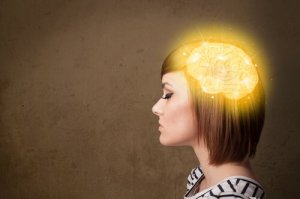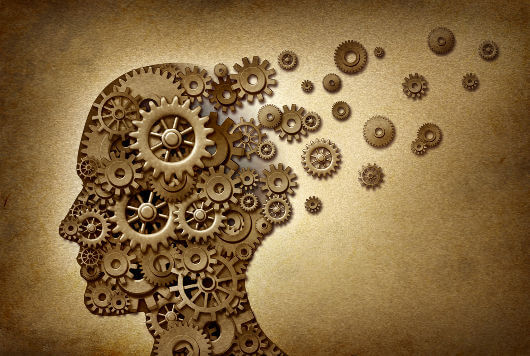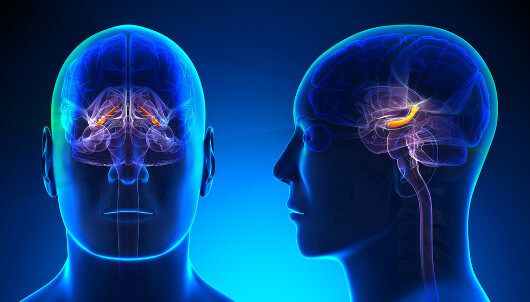How the Brain Reconstructs Past Events


Reviewed and approved by the psychologist Sergio De Dios González
Upon remembering something from our past, we often re-experience the entire episode that produced it. A new study has revealed how this occurs in the brain.
The study, published in the magazine Nature Communications shows that when someone tries to remember a certain aspect of a past event, for example when they met someone the day before, a depiction of the entire event can be reactivated in the brain, including additional information like where they were and what they were doing.
Recalling a past event allows us to immerse ourselves in the experience. “When we remember a previous event from our lives, we have the capacity to re-submerge ourselves in the experience,” explains Dr. Aidan Horner of the Institute of Cognitive Neuroscience, who is the principal author of the study.
“We remember what room we were in, the music that was playing, the person with whom we were speaking, and what we were saying,” Horner stated.

Memories are stored in different parts of the brain
Horner explains that from the moment we experience a given event, all of the different aspects of it are represented in different regions of the brain. However, when recalling the event at a later time, we are able to remember all of these different aspects together as a whole.
The hippocampus is fundamental in the process of recovering memories, given that it is where the connection between all of these different aspects is produced in a way that the whole event can be recovered.
The research demonstrated that the associations formed between the different aspects of the event allowed the recovery of all aspects involved.
For example, when remembering something we have experienced, we often are able to recall other details, like what we were doing or where we were. This means that the whole event can be “re-expereinced” in its totality.
Using functional magnetic resonance imaging (fMRI), researchers demonstrated that the different aspects of an event when a person is imagining it are reflected by activity in different regions of the brain.
When the participants of the study were asked about a certain aspect of a past event, the activity in the hippocampus correlated with the reactivation of the other regions. This reactivation consistently corresponded with the entire event that the mind was recalling.
The role of the hippocampus in memory formation
Neil Burgess, one of the other authors of this scientific study, explains that this study supports the computational model on how it is believed memory functions. In this model, when we want to remember something that happened in the past, the hippocampus allows different types of information to come together in order to be imagined and visualized as one coherent event.
Furthermore, it provides a fundamental vision of our ability to remember what has happened and can help us to understand how this process fails in individuals with Alzheimer’s or post-traumatic stress disorder.

Carrying out the experiment
Twenty six volunteers participated in this experiment. They were asked to imagine and memorize a series of “events” that involved different places, famous people, and everyday objects.
Afterwards, they were asked to remember all the details related to the event when given just one element of it. For example, in one trial they were asked to create an event in their imagination in which they were with Barack Obama in a kitchen with a hammer.
They were later asked to remember the details based on just one indicator, in this case it may have been where is Barack Obama, who and what was in the kitchen, or what object did Obama have.
When they were asked to remember different aspects of the events, the volunteers were inside an fMRI machine, which was scanning and measuring their brain activity.
The results revealed that the different parts of the brain showed greater activity when certain aspects of each event were codified. The hippocampus provided the critical links between the different aspects of the events in order to form a complete memory.
Referring to the above example, activity increased in one part of the brain when volunteers thought about Obama, when they thought about the kitchen, and when they thought about the hammer.
The study showed that when the subject was asked where Obama was, there was an increase in brain activity in the regions of the brain that corresponded with Obama and the kitchen.
Most importantly, brain activity also increased in the area related to the hammer, despite the fact that there was no requirement to recall that information.
This reactivation correlating to the activity of the hippocampus suggests that the hippocampus is involved in the recovery of the event as a whole.
This study is the first to provide proof of the memory formation process in the human hippocampus. It is also the first to connect this with the everyday occurrence of remembering things that have happened in the past.
This text is provided for informational purposes only and does not replace consultation with a professional. If in doubt, consult your specialist.








